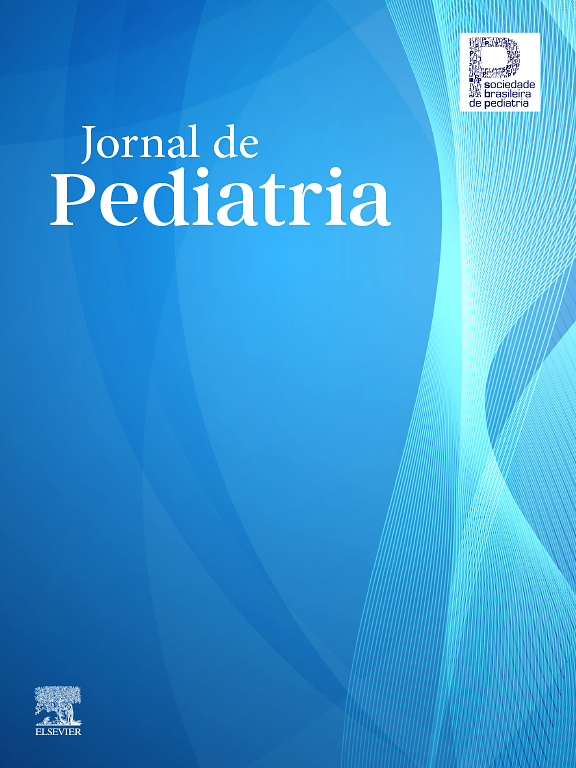We read with great interest the article by Ouahed et al.1 on the role of wireless capsule endoscopy in reclassifying inflammatory bowel disease in children. It was the first prospective study concerning reclassification of inflammatory bowel disease unclassified (IBDU) in the pediatric population. It is an addition to the growing evidence of the role of capsule endoscopy (CE) in this subtype of inflammatory bowel disease, both in pediatric and adult populations.1–6
There is currently no validated scoring system for the diagnosis of small bowel Crohn's disease (SBCD). Most studies use the consensus criterion of three or more ulcers as predictive of SBCD in adults.7 There is no evidence whether this criterion can safely predict SBCD in the pediatric population, bearing in mind that mucosal breaks can occur in healthy adults,8 and the type and severity of mucosal changes in healthy children is yet to be determined. In addition, and as mentioned by the authors, non-steroidal anti-inflammatory drugs (NSAIDs) can mimic SBCD at capsule endoscopy; therefore, this data should have been provided by the authors. This does have a bearing on the sensitivity and specificity of that study.
Studies within adult populations have shown a disparity in the management of post-CE outcomes among symptomatic2,5,6versus asymptomatic3 IBDU patients. Therefore, it would be worth knowing whether the patients were symptomatic at the time of CE. In addition, although the authors mention a change in the management of three patients, it would be useful to know the details of the post-CE change in medical therapy to truly assess the impact of a positive or negative CE. It would also strengthen the argument for performing a cost-effective test in the pediatric population.
We agree with the authors that CE is a novel tool in re-classifying IBDU patients, compared to standard small bowel investigations. It must be said however, that CE findings with no histological confirmation would need to be interpreted with caution and with regard to clinical context, as a false positive could result in intensified therapy and cause psychological side effects.9
Please cite this article as: Joshi SS, Vyas AK, Vyas D, Kalla R. Reclassifying inflammatory bowel disease with capsule endoscopy in children. J Pediatr (Rio J). 2013;89:514–5.









